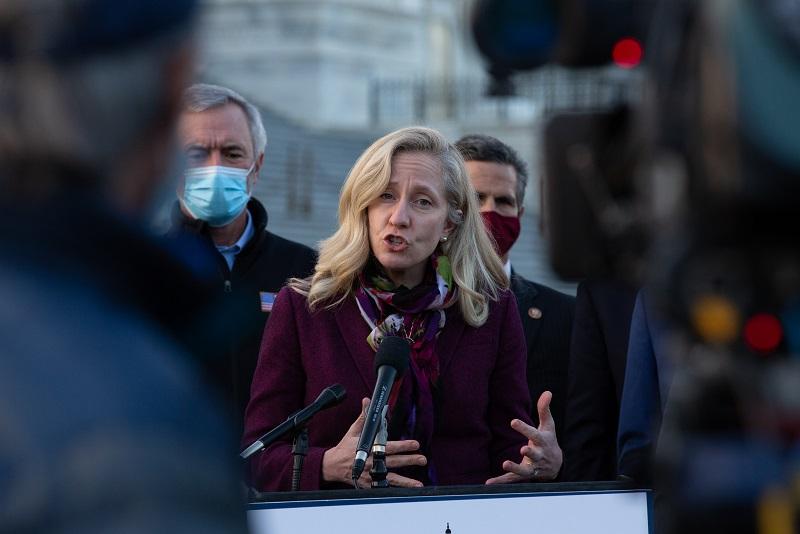Don’t ask 14 “Red District” House Democrats about H.R.1 (the “For the People Act”), which would reform future elections on the same model that made 2020 one of the most bitterly disputed in U.S. history.
Despite repeated inquiries by The Epoch Times, none of the 14 lawmakers agreed to discuss what Republican critics argue is likely to be the most consequential proposal to come before the 117th Congress.





